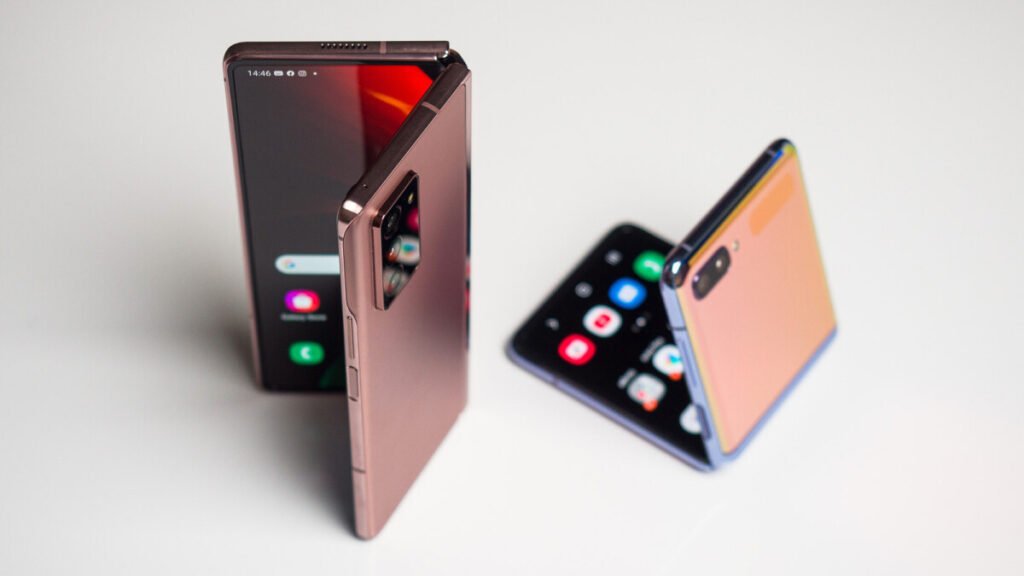Samsung Refuses Repair And Warranty Claims By Analyzing Fall Data

Samsung apparently wants to protect itself against unjustified warranty claims with a somewhat dubious measure. According to reports, the latest high-end smartphones with a foldable display record data from the accelerometer for later evaluation.
As reported in some reports in Korean media, Samsung has started to permanently save certain data from the accelerometer, which is always built into every current smartphone, in its latest Galaxy Z series smartphones. Allegedly, one taps into the device’s fall detection to check whether the owner actually has legitimate claims, for example, if the display is to be repaired.
Monitoring user’s behavior
Samsung apparently wants to ensure that only those warranty cases are dealt with that are covered by the manufacturer’s provisions. The aim is to prevent unjustified claims that could otherwise result in high costs due to spare parts and repairs. However, this also means that Samsung also monitors user behavior in this way and evaluates it in the event of a warranty claim.
The fact that this new procedure can cause problems for customers with justified warranty claims becomes apparent shortly after the availability of the new Galaxy Z series. Customers report that Samsung is partially refusing to carry out repairs in warranty cases because the company evaluates the data from the acceleration sensor and determines that the affected devices have apparently fallen on the floor beforehand. However, it is precisely this that is usually not covered by the guarantee conditions.
Specifically, a case is described in the forums of the Naver portal from South Korea in which the display glass of a Galaxy Z Flip 3 cracked. However, this happened without any active intervention on the part of the owner. When he went to a Samsung Service Center, the technicians initially refused to carry out the repair. When they checked the “Fall Log” data stored on the device, they found that the smartphone had apparently been dropped three times. Because the smartphone was supposed to be covered by the 14-day right of return, the repair was free of charge for the customer.
Samsung has not yet commented publicly on the reports from South Korea, so it remains to be seen whether the fall data will also be analyzed in this country in the event that warranty claims are made.
Research Snipers is currently covering all technology news including Google, Apple, Android, Xiaomi, Huawei, Samsung News, and More. Research Snipers has decade of experience in breaking technology news, covering latest trends in tech news, and recent developments.











